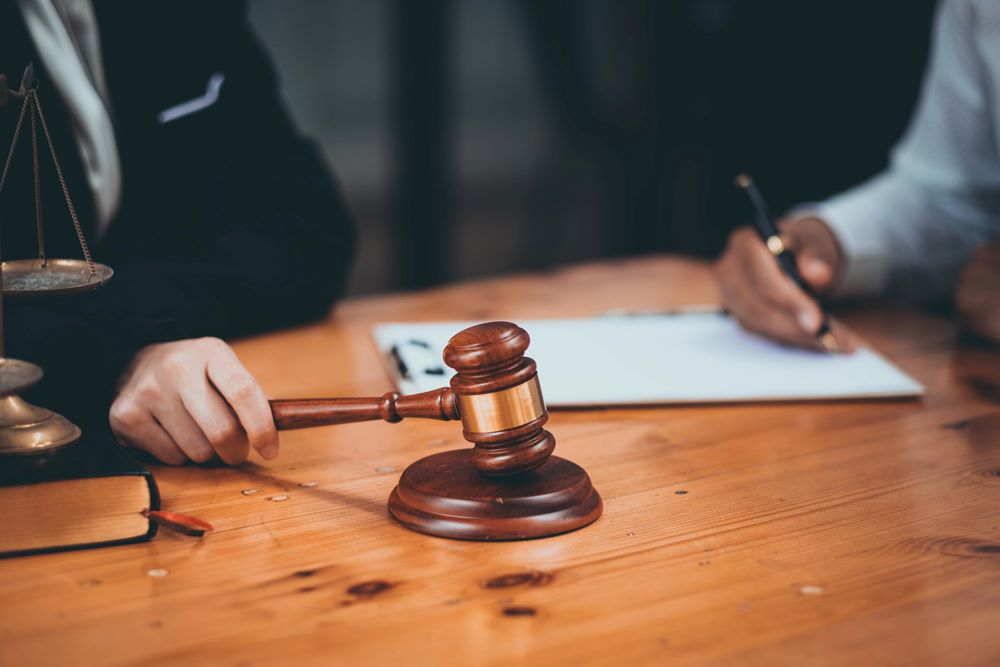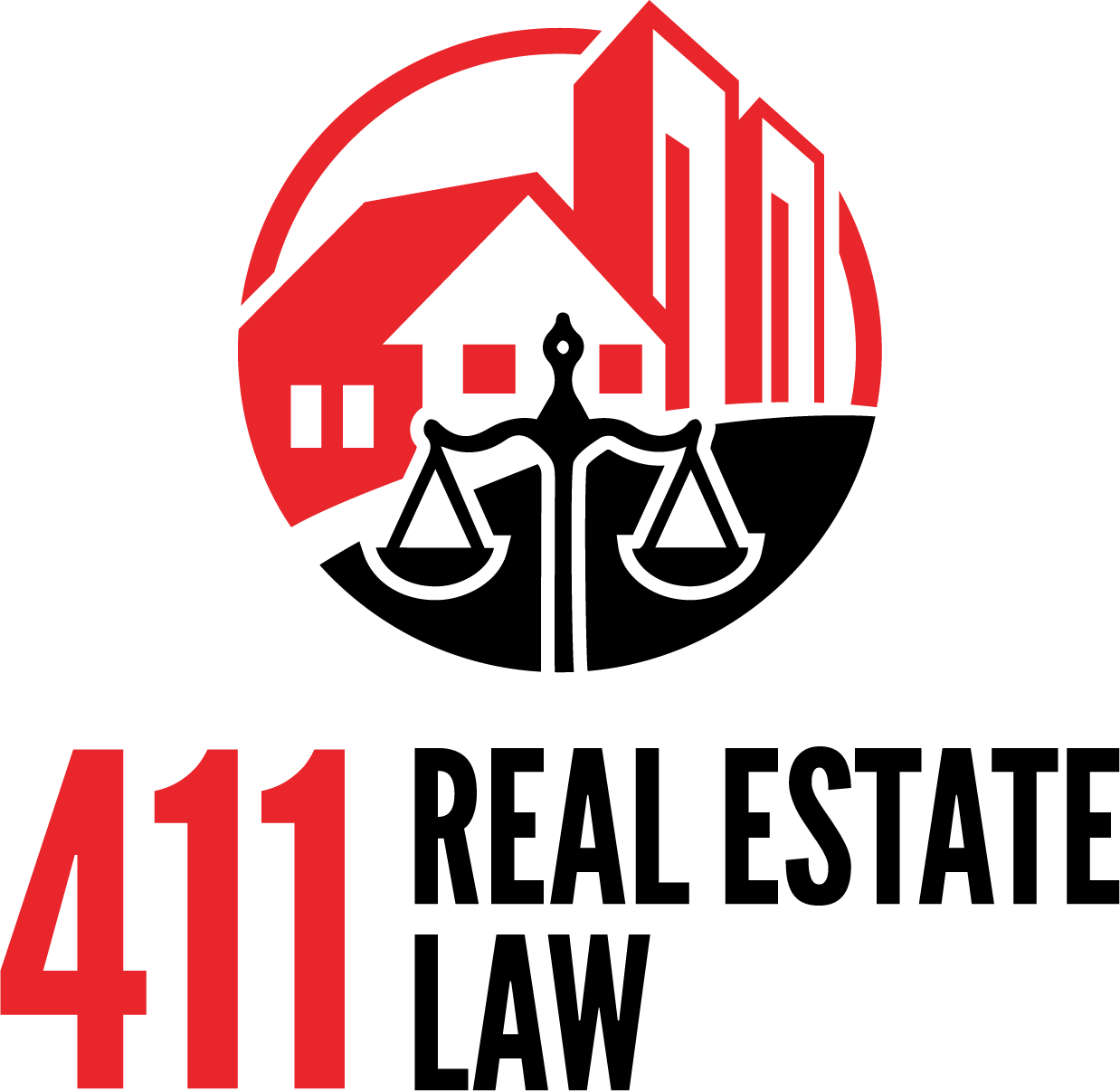Landlord/Tenant Disputes: Understanding Legal Options
What are Landlord/Tenant Disputes?
Definition of Landlord/Tenant Disputes
Landlord/tenant disputes are disagreements between property owners and tenants regarding rental agreements, lease violations, and other legal issues. These disputes can arise due to varying interpretations of lease terms or differing expectations about responsibilities.
Common Causes of Disputes
Rent Payment Issues
Unpaid rent or disputes over rent increases are frequent causes of conflict. Many states have statutes regulating how much landlords can increase rent, but tenants may still challenge these changes.
Property Maintenance and Repairs
Landlords are responsible for maintaining a habitable rental property, but disputes often arise when necessary repairs are delayed or ignored. Tenants may seek legal action for unresolved issues.
Lease Violations
Lease violations, such as unauthorized subleasing or damage to the rental unit, can strain the landlord-tenant relationship. Resolving these issues often requires mediation or legal intervention.
Eviction Processes
Eviction is a common legal issue, particularly when landlords claim non-payment of rent or lease violations. Tenants may challenge evictions in small claims court, seeking to avoid unlawful displacement.
Why Legal Assistance in Landlord and Tenant Disputes is Crucial
Benefits of Hiring a Real Estate Attorney
Expertise in Legal Procedures
A lawyer with expertise in real estate law ensures that both landlords and tenants navigate legal procedures correctly, especially in disputes involving eviction or lease agreement breaches.
Effective Negotiation and Mediation
Legal experts often mediate between parties to resolve issues without resorting to court proceedings. This saves time and helps maintain a healthier landlord-tenant relationship.
Representation in Court
In cases where disputes escalate, an attorney can represent clients in court, handling complex legal matters such as eviction lawsuits or deposit disputes.
How Attorneys Help Resolve Disputes
Drafting and Reviewing Lease Agreements
A well-drafted lease agreement prevents many disputes. Lawyers ensure that lease terms are legally sound and protect both parties’ rights, minimizing future conflicts.
Advising on Legal Rights and Obligations
Attorneys advise tenants and landlords on their legal rights under state laws, helping them avoid common pitfalls related to rent, eviction, and property maintenance.
Navigating Local and State Regulations
Real estate attorneys provide invaluable guidance in understanding local and state regulations that govern rental properties, ensuring that all legal actions comply with the law.
Key Areas of Real Estate Law Related to Rental Disputes
Lease Agreements
Importance of Clear Terms
Having a lease with clear, unambiguous terms is essential for both landlords and tenants. It outlines responsibilities, payment terms, and rules governing the property.
Common Clauses and Provisions
Key clauses such as rent payment schedules, security deposit terms, and maintenance obligations should be thoroughly reviewed to avoid confusion and disputes.


Eviction Laws and Procedures
Grounds for Eviction
Eviction must be legally justified, often for reasons such as non-payment of rent or lease violations. The Fair Housing Act provides additional protections for tenants in certain cases.
Legal Steps in the Eviction Process
Landlords must follow a series of legal steps to evict a tenant, including serving proper notice and possibly going through arbitration or court processes.
Security Deposits and Deductions
Legal Limits and Requirements
Security deposits are subject to legal limits and can only be deducted for specific issues, such as property damage beyond normal wear and tear.
Dispute Resolution for Security Deposits
Disputes over deductions from security deposits are common, often resolved through small claims court or mediation, depending on local laws.

Who Needs Legal Help in Landlord/Tenant Disputes?
Tenants
Addressing Unlawful Evictions
Tenants may seek legal advice when facing unlawful eviction, ensuring their rights are protected according to landlord-tenant laws.
Challenging Lease Violations
If accused of lease violations, tenants may require legal help to challenge claims or negotiate new terms with the landlord.
Landlords
Enforcing Lease Terms
Landlords may need assistance enforcing lease agreements, particularly when tenants violate terms or cause property damage.
Navigating Eviction Processes
Legal advice is crucial for landlords navigating the eviction process to ensure compliance with state statutes and to avoid potential lawsuits.
How to Choose the Right Attorney for Landlord/Tenant Issues
Factors to Consider
Experience in Real Estate Law
Choosing an attorney with experience in landlord-tenant disputes ensures a deep understanding of property laws and legal precedents.
Reputation and Client Reviews
Client reviews and a strong reputation in real estate law are good indicators of an attorney’s ability to resolve disputes effectively.
Fee Structure and Transparency
It’s important to choose a lawyer with a clear and transparent fee structure to avoid financial surprises during a legal dispute.
Preventative Measures to Avoid Disputes
Drafting Effective Lease Agreements
Including Clear Terms and Conditions
A well-drafted lease with clearly defined terms can prevent many common landlord-tenant issues, such as rent disputes or maintenance disagreements.
Regular Reviews and Updates
Regularly reviewing and updating lease agreements can help ensure they remain in compliance with changing local and state laws.
Maintaining Open Communication
Addressing Issues Early
Open and early communication between landlords and tenants helps resolve potential problems before they escalate into legal disputes.
Documenting Agreements and Disputes
Both parties should document any agreements or disputes in writing to provide evidence in case legal action becomes necessary.
Frequently Asked Questions (FAQs)
What Should I Do if I Receive an Eviction Notice?
If you receive an eviction notice, consult a landlord-tenant lawyer immediately to understand your legal rights and potentially contest the eviction in court.
Can I Break My Lease Without Penalty?
Breaking a lease without penalty may be possible under certain circumstances, such as job relocation or landlord violations, but legal advice is recommended.
How Can I Dispute Unfair Charges on My Security Deposit?
To dispute unfair charges on your security deposit, gather evidence such as photos of the rental property and seek mediation or small claims court if necessary.
What Are My Rights as a Tenant Regarding Property Repairs?
Tenants have the right to live in a habitable rental property. If the landlord fails to make necessary repairs, tenants can take legal action or withhold rent in some states.
How Can a Lawyer Help with a Dispute Over Lease Terms?
A lawyer can help clarify ambiguous lease terms and negotiate new terms if necessary or represent you in court if the dispute escalates.
